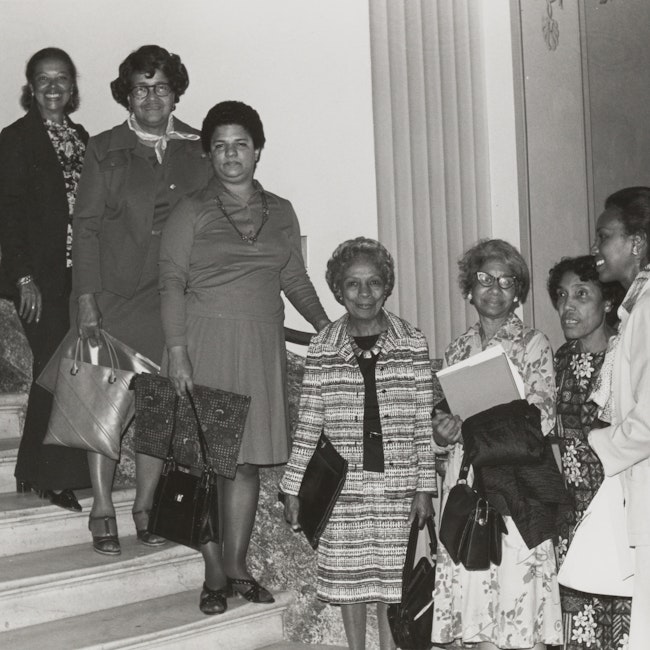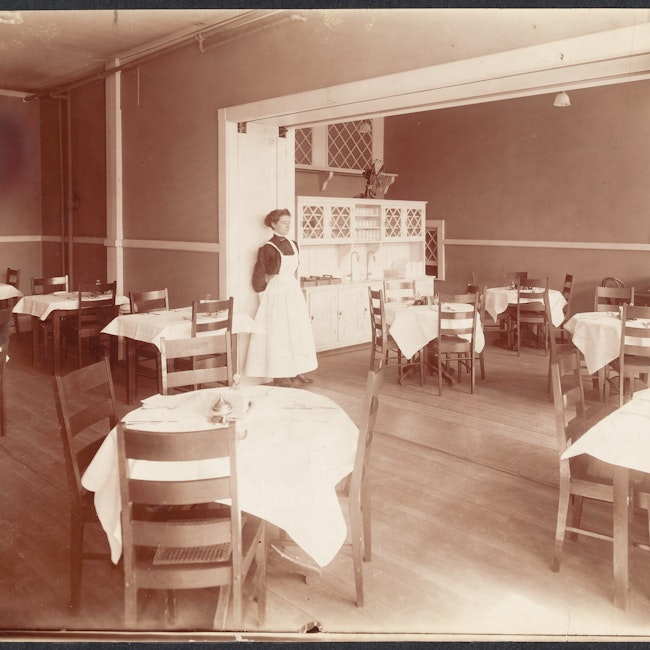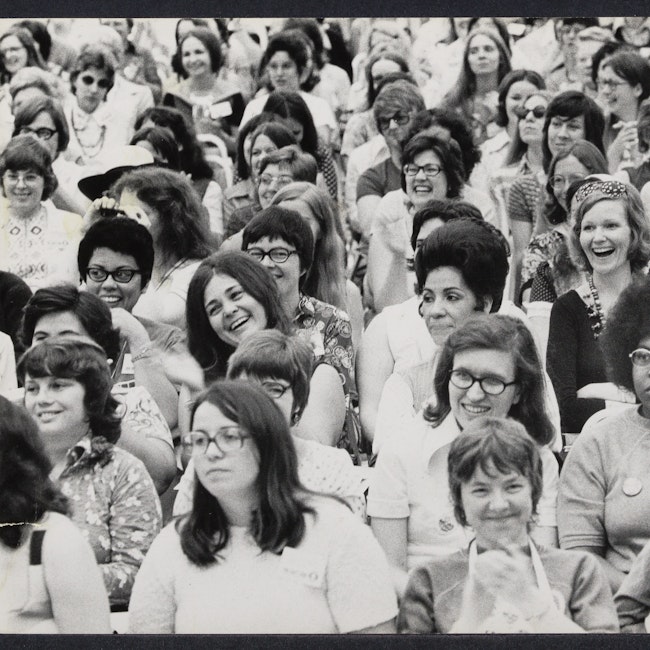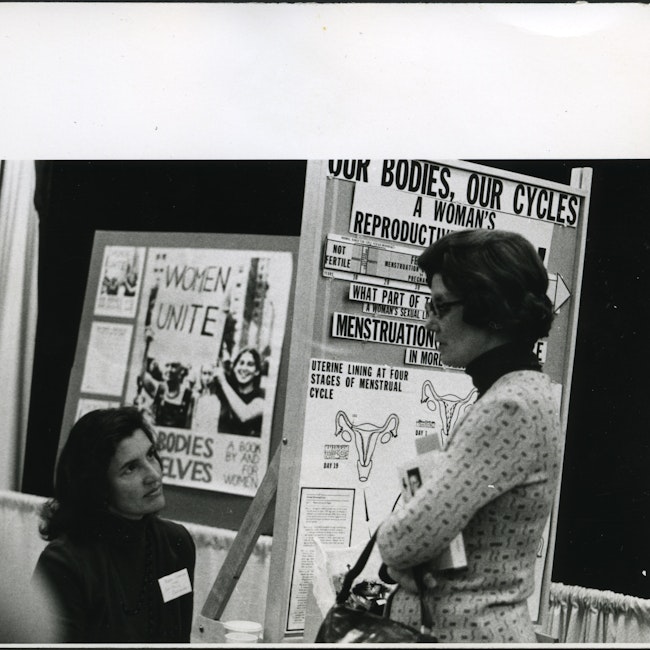Delta Sigma Theta Sorority, Boston Alumnae Chapter
Delta Sigma Theta’s emphasis and motivation comes from being a “sorority that had its origin among Negro women confronted as they were with what Mary Church Terrell described as the double handicap of race and sex.”

Since 1913, the Delta Sigma Theta Sorority has embraced a mission to support the advancement of its members and to public service primarily within the African-American community. As described in The Delta Story for the Biennium, 1954–1956, the sorority’s emphasis and motivation comes from being a “sorority that had its origin among Negro women confronted as they were with what Mary Church Terrell described as the double handicap of race and sex.” The sorority’s service programs fall within certain areas, including health, economic development, education, civil rights, and political action. As one of its first civil actions, members participated in a women’s suffrage march in Washington, DC, during its inaugural year.
On March 12, 1945, a group of young, college-educated African American women who had been members of the Iota Chapter of Delta Sigma Theta Sorority, Incorporated, founded the Boston Alumnae Chapter for its graduate members. Originally claiming the designation as Alpha Omicron Sigma, in 1958 Alpha Omicron Sigma changed its name officially to the Boston Alumnae Chapter of Delta Sigma Theta, Incorporated.
Throughout its history, the Boston Alumnae Chapter has effectively engaged in public service within the African American community. In 1925, members from the Iota Chapter started Jabberwock, an annual program of entertainment for the public designed to raise funds for college scholarships. Due to its success, Jabberwock was adopted by other chapters of the sorority and became an integral part of Delta Sigma Theta’s mission of service. Chapter projects have also included helping to organize the Fort Hill Mental Health Association to support mental health awareness in the 1960s, providing resources for the establishment of a community health center in the African American community and initiating an annual program for young teenagers on African American history and culture in 1986. The chapter continues to be active in developing initiatives and programs that continue its mission of service.




